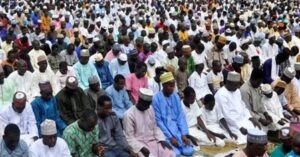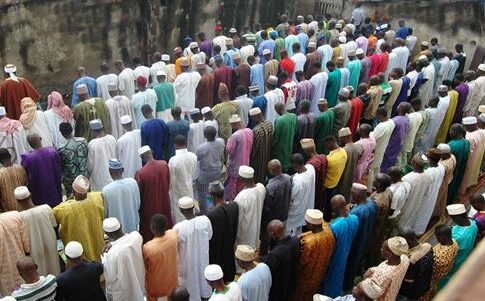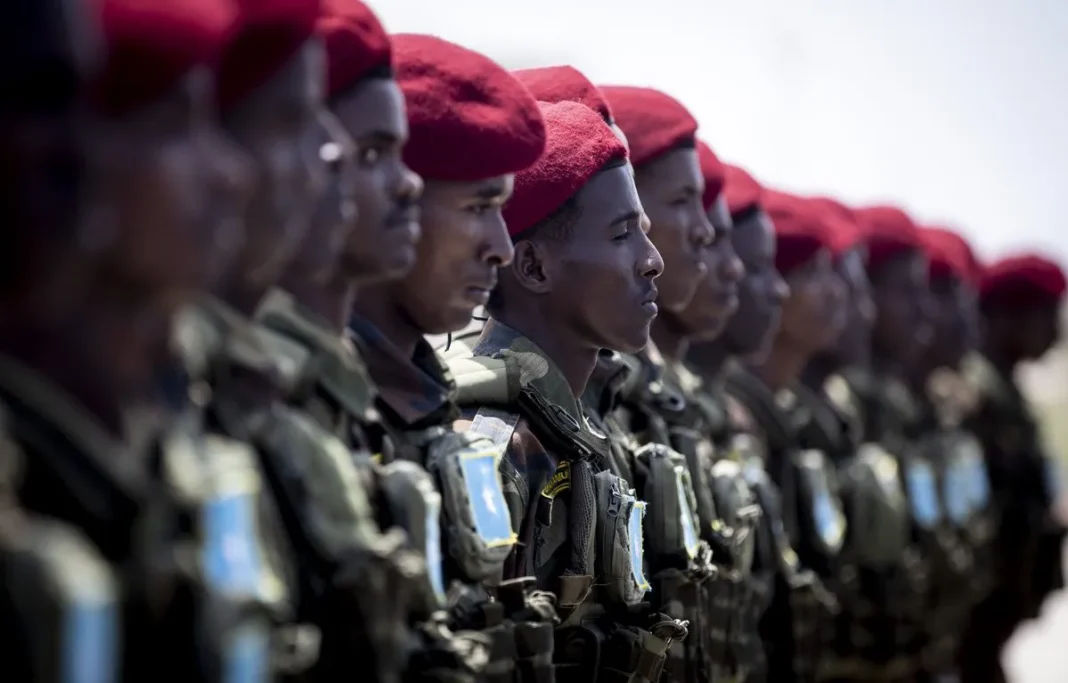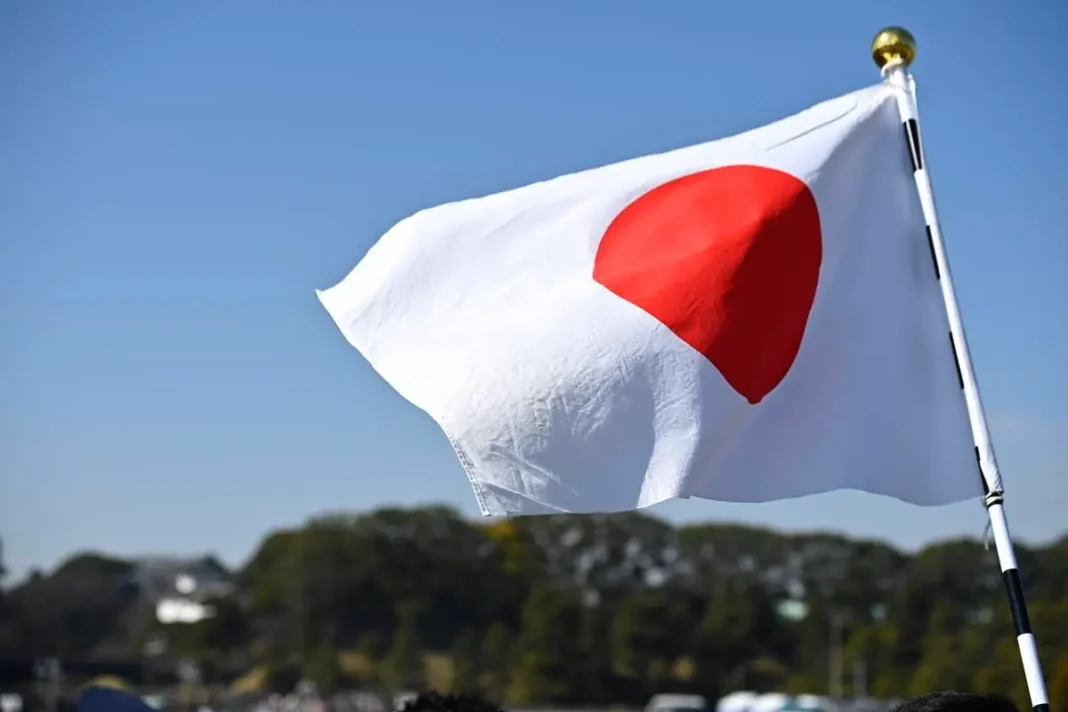The phrase “Ga’nu si” has recently sparked widespread debate across social media, igniting discussions about its implications within Yoruba Muslim communities. The controversy gained traction on January 17, 2025, following the passing of Alhaja Halimat Anifowose, the mother of renowned Fuji musician and titled prince, Wasiu Ayinde Anifowose, also known as K1 the Ultimate. Alhaja Halimat, a native of Ilupeju Ekiti, was laid to rest in Ijebu Ode, following the cultural tradition of burying a woman in her husband’s hometown—a practice deeply rooted in both Yoruba customs and Islamic beliefs.
K1, an influential figure in Yoruba society, informed Oba Sikiru Adetona, the Awujale of Ijebuland, about his mother’s passing. In response, the king directed the Council of Imams in Ijebu Ode to oversee the burial. This gesture reinforced K1’s stature and the respect he commands within both the Ijebu Ode community and the Yoruba Muslim society. Having risen to fame in the 1980s through his Talazo Wese musical style, K1 is now in his sixties and holds several traditional titles, including Mayegun of Yorubaland, which further cements his influence in social, political, and economic circles.
With such high regard, his choice of words carries weight, and the phrase “Ga’nu si” became a point of contention. Shortly after his mother’s passing, K1 received numerous guests offering condolences. During one of these visits, a conversation in his living room went viral, in which he expressed his frustration about Muslim clerics frequently visiting his personal residence rather than his ancestral home, Fidipote, where he believed the mourning rites should be held. He remarked on the repeated use of “Ga’nu si” by these clerics, implying frustration with what he perceived as excessive and unnecessary visits.
In Yoruba linguistic context, “Ga’nu si” carries negative connotations, often associated with aimlessness, dependency, or a lack of purpose. For a person of K1’s stature, such a phrase can be perceived as derogatory. His statement, while not intended as an outright insult, was met with strong reactions from within the Yoruba Muslim clerical community. Traditionally, Yoruba Muslims hold that mourning and related activities should be conducted at the deceased’s home rather than the personal residence of their offspring, reinforcing K1’s expectation that clerics should have paid respects at Fidipote instead.
READ MORE: Over 1,400 Power Theft Cases Recorded in Sambhal: Mosques, Madrasas Among the Implicated
The situation escalated when Sheikh Sulaiman Faruk Onikijipa, the Mufti Diyar of Ilorin, publicly requested that K1 apologize for his remarks during the Fidau prayer for his mother on January 24, 2025. The demand for a public apology, rather than a private resolution, added further tension. K1’s refusal to apologize fueled further discourse, transforming “Ga’nu si” into a viral phenomenon that was soon incorporated into comedy skits, music, and social media discussions.
Beyond the immediate controversy, the incident sheds light on the dynamics of Yoruba Muslim clerics and their roles in social and religious functions. Some critics argue that the clerics’ persistent presence at events aligns with accusations of financial expectations, while others defend them as integral parts of Yoruba Islamic tradition. The organization of Yoruba Muslim communities varies by region, with local councils and imams overseeing religious affairs. Larger organizations, such as the Muslim Ummah of Southwest Nigeria (MUSWEN), represent a more structured approach to Islamic governance and scholarship.

The Fidau prayer itself remains a debated practice within Islamic discourse. Some scholars argue that it lacks a firm basis in Islam, while others justify it as an alternative to pre-Islamic Yoruba mourning customs that involved traditional sacrifices. Over generations, Fidau has evolved into a cultural and social event, fostering communal solidarity among Yoruba Muslims.
K1’s career and business acumen extend beyond music, as he has successfully ventured into hospitality, agriculture, and food processing across Yorubaland. His trajectory is emblematic of many Yoruba Muslims who integrate entrepreneurship into their lives. Similarly, Yoruba Muslim clerics have embraced social entrepreneurship, with some expanding their Islamic schools (Madrasahs) into full-fledged universities, establishing service industries, and running successful enterprises.
Ultimately, the “Ga’nu si” controversy highlights the complex intersections of tradition, religion, language, and social expectations in Yoruba society. While the debate continues, one thing remains clear—words carry power, and in a deeply interconnected culture, they can shape narratives, fuel controversies, and redefine social dynamics.



